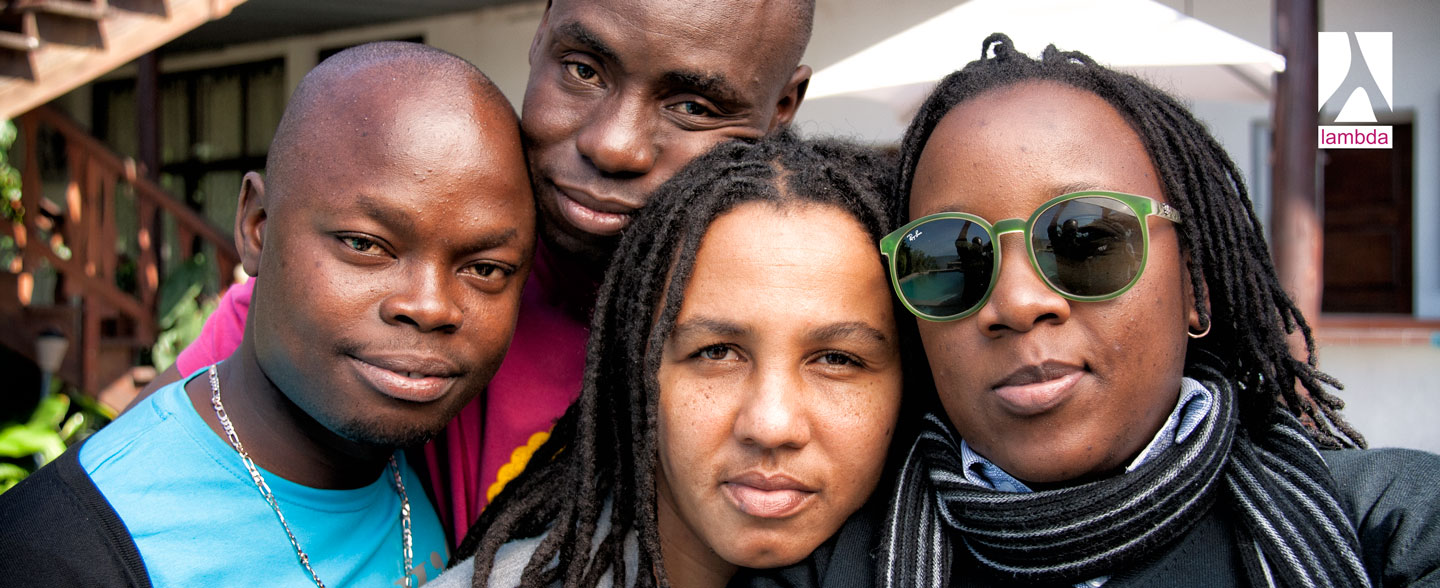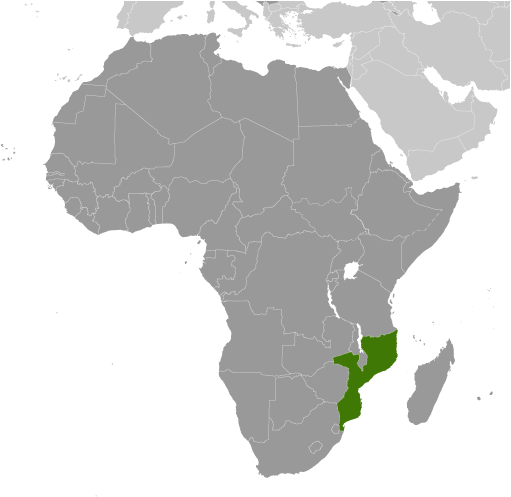Mozambique: Anti-gay law is gone, anti-gay bias remains
Colin Stewart is a 45-year journalism veteran living in Southern…

Add Mozambique to the list of countries with no law against same-sex intimacy, which isn’t to say that LGBTI people in that east African nation enjoy equal treatment under the law.
The country’s LGBTI advocacy organization, Lambda, has been fighting since 2008 for official government recognition.
Last year, Mozambique revised a Penal Code that had been in effect, with some amendments, since it was a Portuguese colony.
In the process, legislators removed a section that allowed “security measures” to be taken against people “who habitually engage in vices against nature.” Acceptable measures in response to those “vices against nature” included requiring a bond to assure good behavior, putting violators on probation, or confining them to a workhouse or agricultural colony for up to three years.

Because of that section of the Penal Code, arguments occasionally erupted over whether Mozambique deserved to be included in lists of countries with anti-gay laws.
Until now, this blog included it, following the lead of the annual State-Sponsored Homophobia report from the International Lesbian, Gay, Bisexual, Trans and Intersex Association, or ILGA.
However, the Agencia de Informacao de Mocambique, as quoted in AllAfrica, states:
“Homosexuality is not, and never has been, illegal in Mozambique. The colonial Penal Code, as amended in 1954, contained a clause which thundered against ‘those who habitually engage in vices against nature,’ ” [because] Portuguese legislators had been too coy to mention gay sex explicitly, and so a meaningless clause entered the statute books, which no court could act upon.”
“The new Penal Code sweeps away a great deal of the musty colonial legacy, including the mention of ‘vices against nature.’ Now not even the most contorted of arguments could claim that acts of gay sex between consenting adults are somehow illegal.”
Last year, Lambda renewed its campaign for official recognition. As SOGI News reported:
“In a ploy to avoid registering the group, the Ministry of Justice, which is tasked with this responsibility, has been conspicuous by their silence by not responding to any of the organisation’s applications since 2008. Under the country’s laws, any group of ten or more Mozambican citizens, over the age of 18, can form an association, and legal registration should not take more than 45 days.”
AllAfrica reported:
“United Nations Human Rights Council [in 2011] … recommended that Mozambique should register ‘the organisations which work on questions of sexual orientation and gender identity.’ But still the Ministry remained mute.
“In February 2013, Lambda submitted a complaint to the ombudsman, Jose Abudo. He too did not bother to reply. In June 2013, Lambda submitted a protest to the petitions commission of the Mozambican parliament, the Assembly of the Republic.
“In September 2013, Justice Minister Benvinda Levi finally granted an audience to Lambda. But still Lambda did not receive the legal recognition it had requested.
“Also in September 2013, Lambda protested to the National Human Rights Commission. This was another body that did not reply – even when, in June [2014], Lambda submitted a ‘request for rapidity’ to the Commission.”
In November 2014, Lambda took out a full-page newspaper advertisement to put pressure on the government to act. The advertisement stated that Lambda exists “to promote the self-esteem, positive visibility, sexual health and the economic, social and political rights” of gay, bisexual and transsexual Mozambicans.
“Our primary interest”, Lambda added, “is to precipitate a change in society so that it becomes more favourable to the free expression of sexual orientation and gender identity”.
“The silence of the Mozambican state”, it said, “legitimizes discrimination and strengthens the stigma to which LGBT people are subject in the communities, workplaces, schools, etc. Above all, it perpetuates the idea that LGBT citizens are less important than all other Mozambicans, thus placing them in a situation of inferiority, disadvantage and inequality”.
Related articles
- Mozambique’s LAMBDA Takes Action to Get Registration (SOGI News)
- Mozambique: Gay Mozambicans Demand Recognition (AllAfrica)
- 12 grim lands, 7 bright spots in LGBTI preview of 2015 (76crimes.com)
- Laws Criminalising Gay Rights Violate Fundamental Rights: UN (ibtimes.co.in)



Reblogged this on Peterson Ssendi and commented:
Mozambique: Anti-gay law is gone, anti-gay bias remains